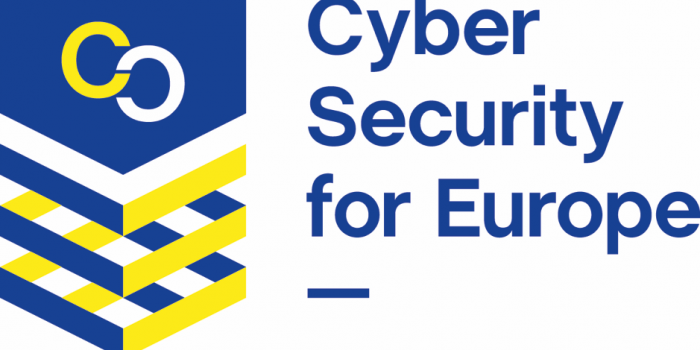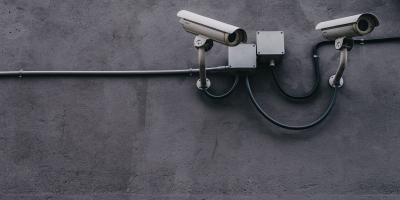Looking for?
CyberSec4EU organises panel on the proposed NCCC regulation
On Thursday the 4th of July 2019, Cyber Security for Europe (CyberSec4EU) hosted a panel on the Proposal for a Regulation establishing the European Cybersecurity Industrial, Technology and Research Competence Centre and the Network of National Coordination Centres, the NCCC regulation.

Timelex is a legal partner in CyberSec4EU, which is one of the four Horizon 2020 pilot projects on the European Cybersecurity Competence Network.
NCCC more relevant than ever
The keynote speech of the event was given by Mr Turo Mattila, the Deputy Representative of Finland to the Political and Security Committee of the EU and the Chair of the Cyber Working Group. As Finland holds the presidency of the Council of the EU until the end of the year, the keynote focused on the objectives regarding cybersecurity that Finland would like to achieve during this term.
Mr Mattila pointed out the importance of cybersecurity, an issue which according to him lies at the heart of our society. He welcomed the rapid evolvement of technology as it can provide new solutions for cybersecurity issues. However, he also rightfully pointed out that this rapid evolvement of technologies poses great threats to cybersecurity.
Digital Single Market
In this context, Mattila foresees an important role for the NCCC regulation. This new piece of legislation, which builds upon the EU cybersecurity Strategy, will take further steps to enhance the Digital Single Market of the EU by connecting the dots between all relevant actors, legislators and stakeholders included.
By these means, the regulation strives to establish European excellence in cybersecurity by maximizing the existing legislation on the funding programmes, Horizon 2020 and Digital Europe, and by gathering all expertise which is now scattered across the Member States and across different actors.
Panel discussion on the NCCC
A panel discussion followed bringing together Ms. Elena Santiago (CEN-CENELEC), Mr. Evangelos Ouzounis (ENISA), Mr. Wojciech Wiewiorowski (EDPB), Mr. Kimmo Halunen (VTT), Mr. Jean Francois Junger (DG Connect) and Ms. Maria Luisa Stasi (Article 19), who each gave their view on the importance of cybersecurity and the NCCC regulation for their organisation and the European Union.
The general enthusiasm with which the NCCC regulation is received and the relevance the cooperation and the connection of the cybersecurity community will have for each of their respective organisations are the important takeaways from the high-level panel discussion.
CEN-CENELEC for example, pointed out the importance of standardisation for innovation and dissemination regarding cybersecurity. They therefore believe that the connection between the National Coordination Centres, which the NCCC regulation establishes, and the national standardisation organisations will help increasing the cybersecurity excellence.
Two perspectives of European cybersecurity
The panel discussion highlighted two viewpoints on strengthening European Cybersecurity and building a strong international presence and cooperation defended by the panellists depending on the goal to be achieved.
When the purpose is disseminating the European values, the panellists are of the opinion that there is a momentum to influence international standards by maintaining an open position towards information exchange. However, when it comes to the security aspect, the panellists favour protecting our own tools, knowledge and infrastructure.
It is the panel’s opinion that in order to have European competitiveness and industry flourish, the primary goal is to have Europe itself benefiting from the investments and innovations. When we set the European bar higher, we will create more jobs and safety in Europe, independent of others, and we will be able to compete even better with the rest of the world.








